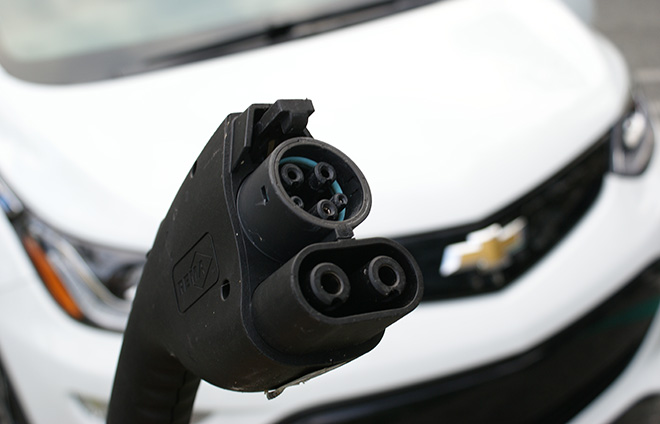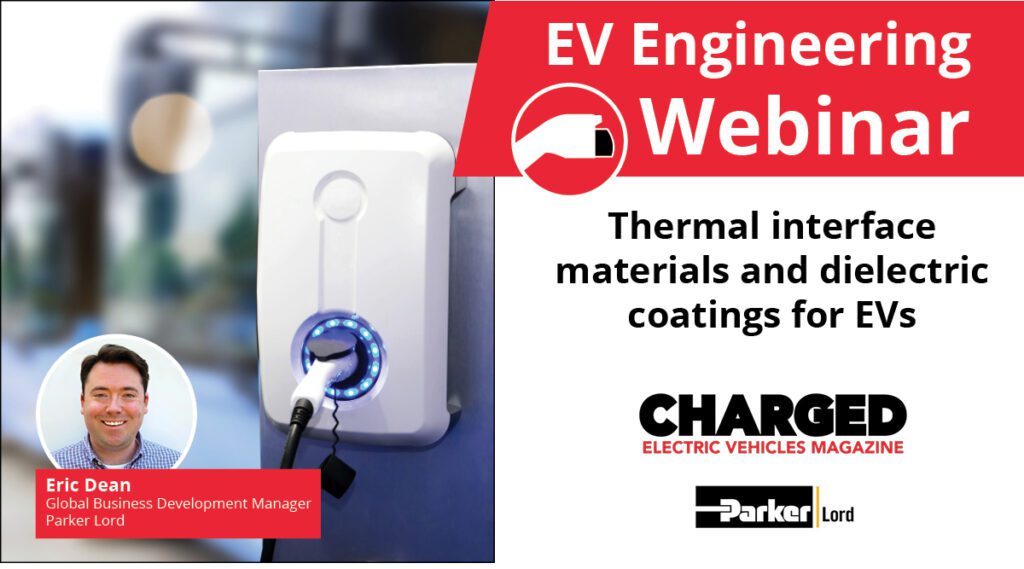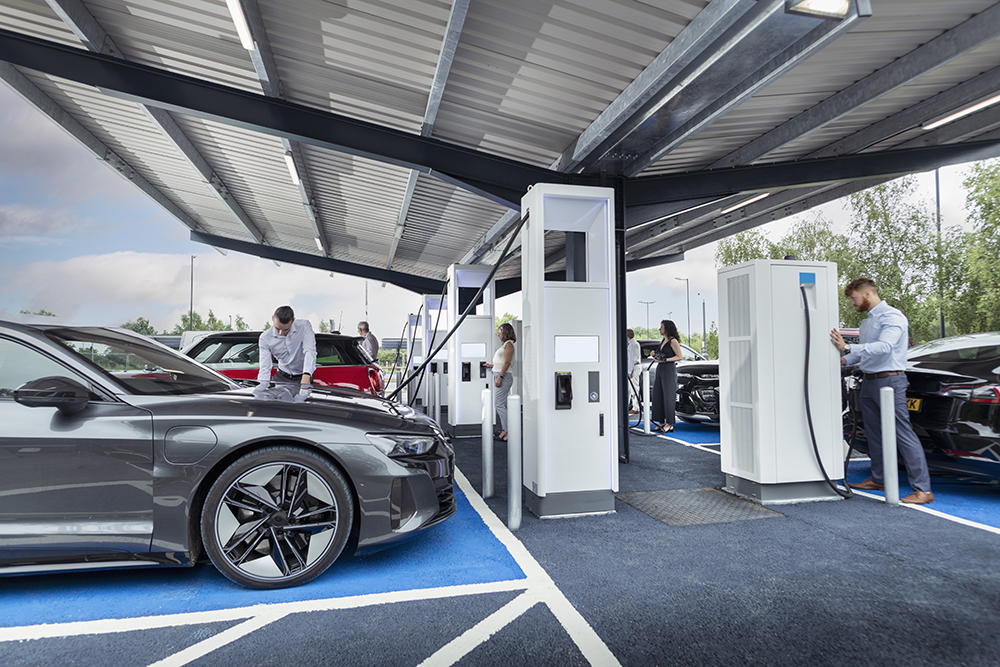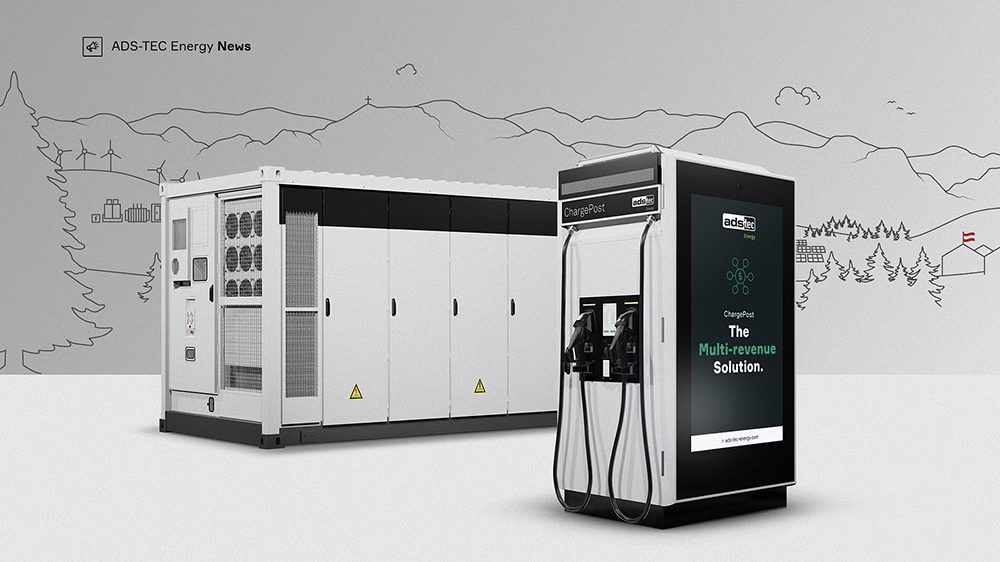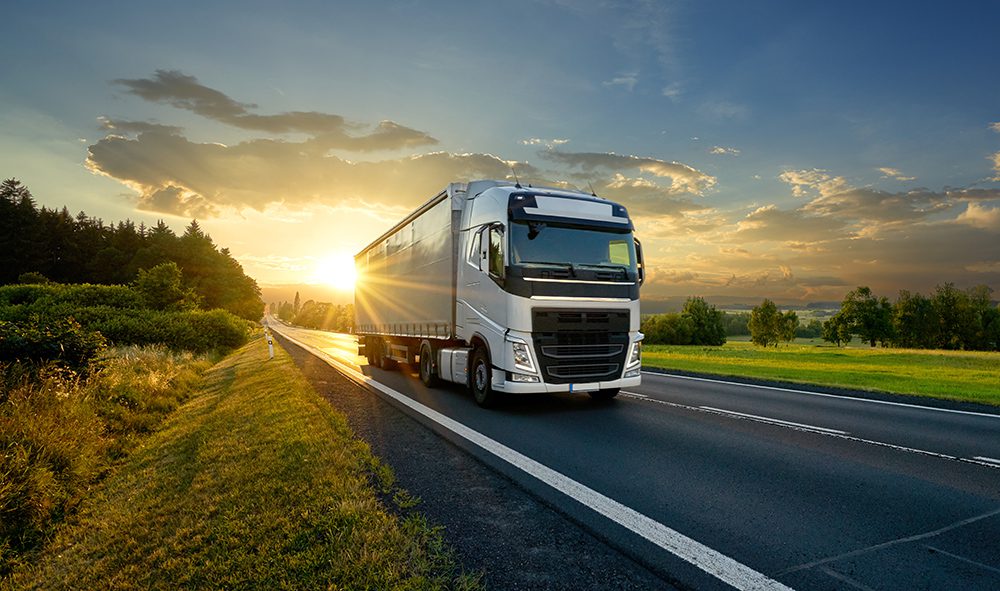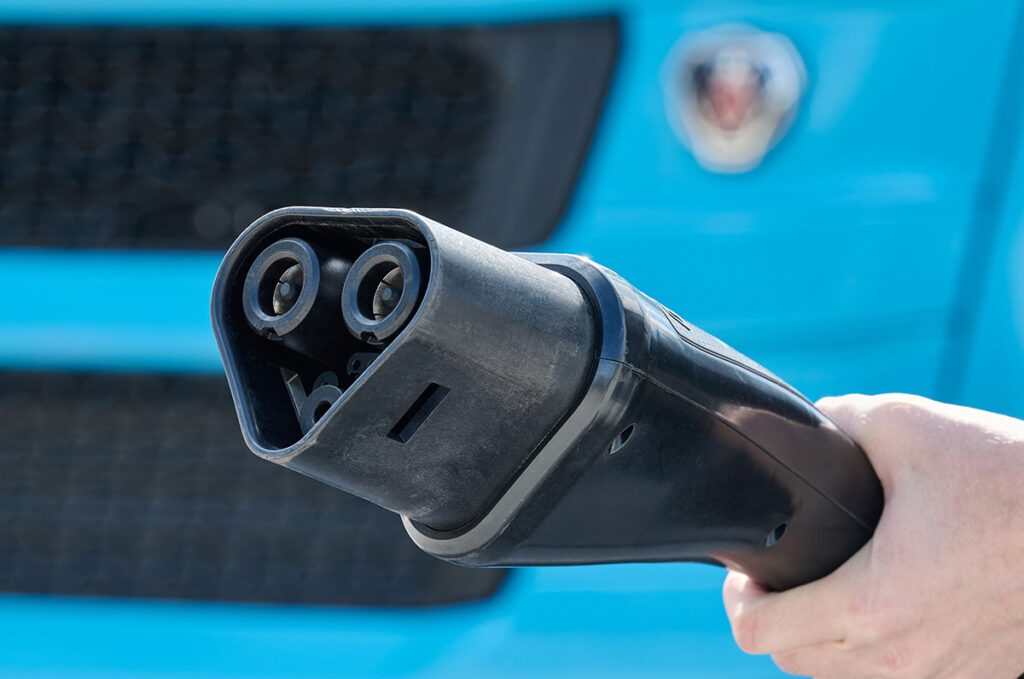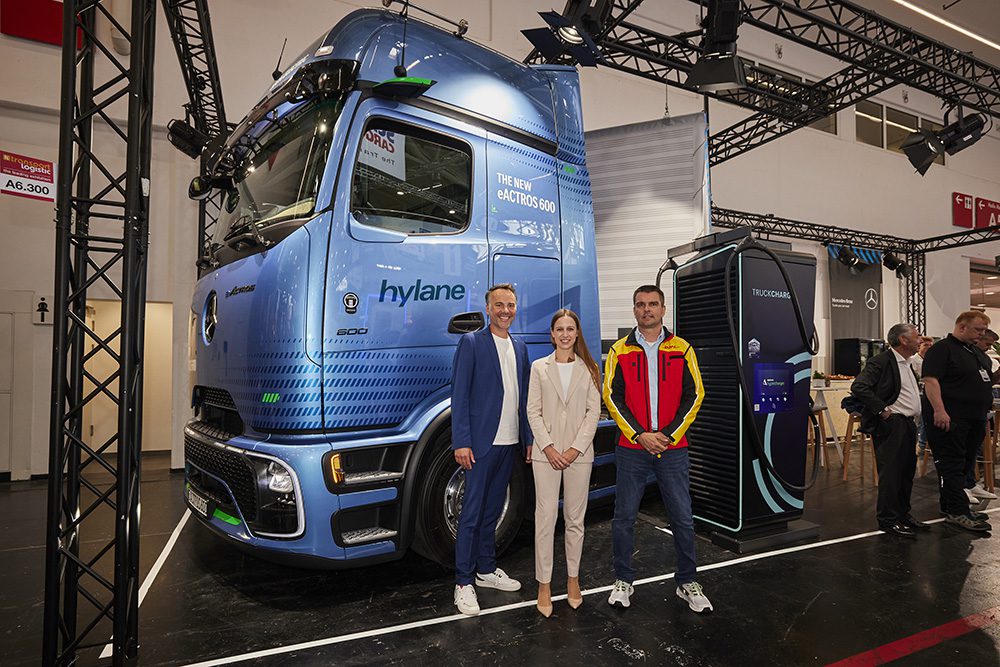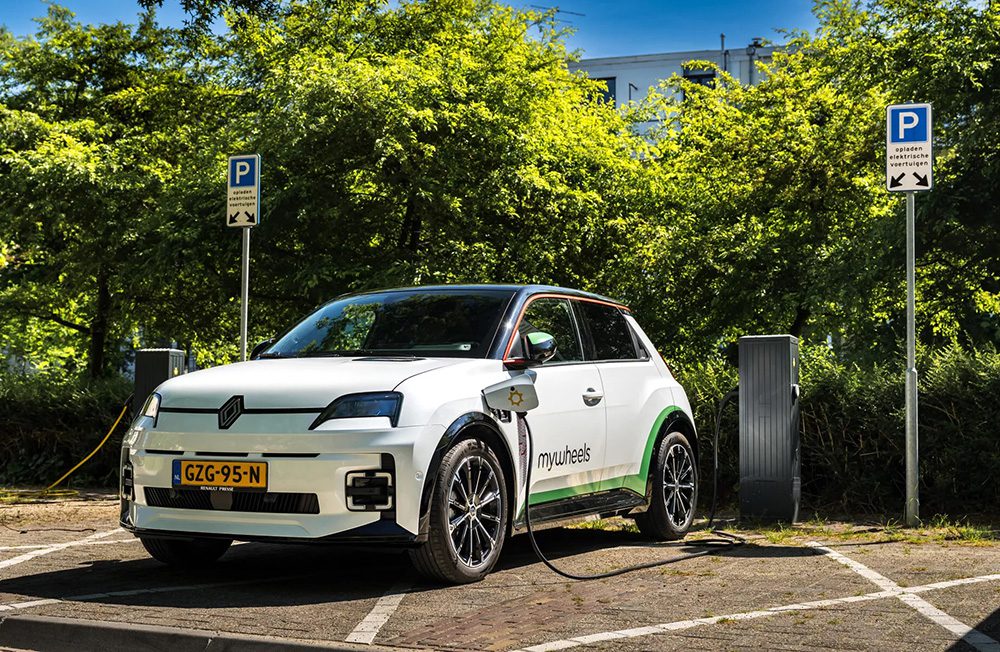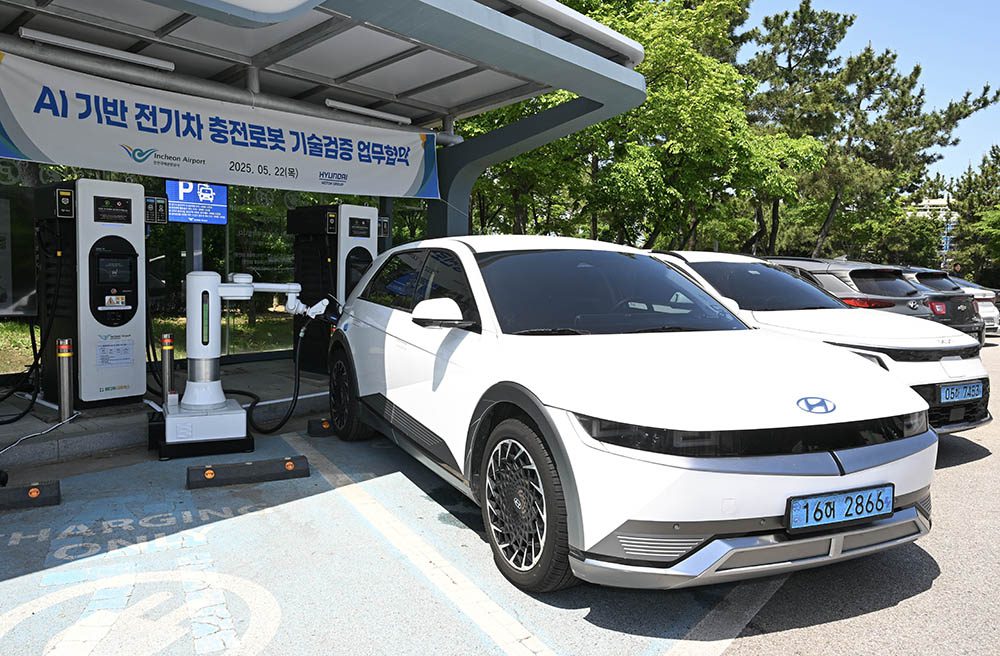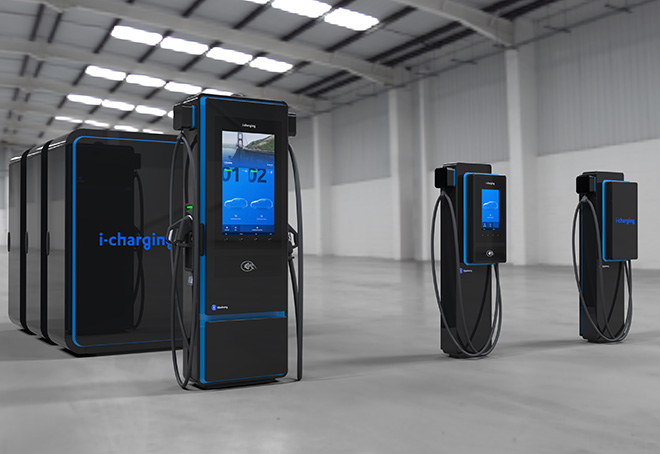At first glance, the Department of Energy’s latest stats on public fast chargers indicate that we’re in the midst of a thrilling standards war, with the two competitors running neck-and-neck.
There are two competing DC fast charging standards in the US (aside from Tesla’s proprietary Supercharger): CHArge de MOve (CHAdeMO), developed by the Japanese and Korean automakers; and the SAE Combined Charging System (CCS), originally implemented by the American and German brands. The DOE reports that, as of late June, the US had over 2,600 charging stations that use the CHAdeMO connector, and nearly 2,400 stations using the CCS plug. In terms of individual outlets, CCS outlets have a modest edge (5,106) over CHAdeMO (3,993).
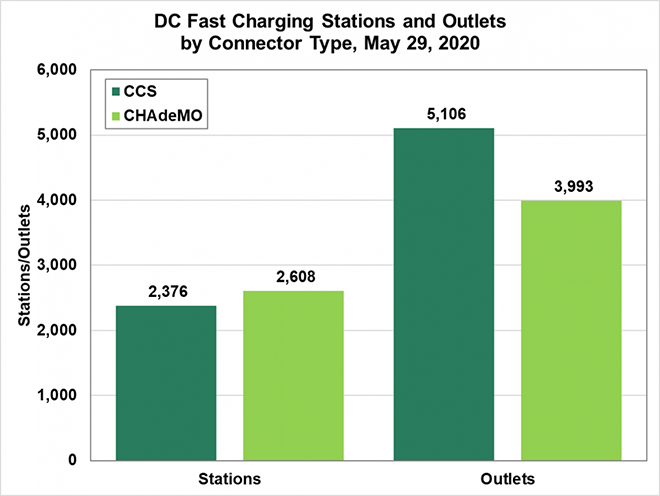
These numbers may seem to indicate that it’s still anybody’s game, but if you look at the US’s current and future mix of EV models, it’s obvious that the tide of the war has turned. South Korea officially adopted CCS in 2018, and new Hyundai and Kia models are using it. The Nissan LEAF and Mitsubishi Outlander PHEV are the only models still sold in the US with the CHAdeMO standard.
Furthermore, the war is gradually becoming irrelevant. As the number of DC fast chargers continues to grow, most charging providers are equipping their stations with both connectors. Electrify America, which currently operates 443 stations (and recently completed its first coast-to-coast route) makes both CCS and CHAdeMO plugs available at all its locations (although new stations are installing larger numbers of CCS connectors).
When it comes to charging speed, CCS currently has the edge. Some of Electrify America’s CCS chargers can deliver up to 350 kW of power (a level which few of today’s EVs can support), whereas its CHAdeMO chargers are limited to 50 kW (still plenty fast to top up your EV while you enjoy a nice cup of tea).
Editor’s note: This article has been revised to clarify that Korean automakers are now using CCS, and that Electrify America is favoring CCS in its new installations.
Source: US Department of Energy






